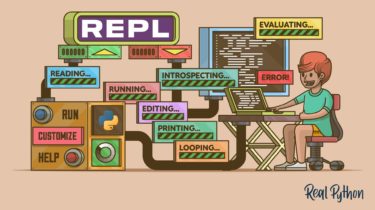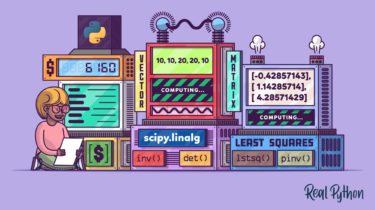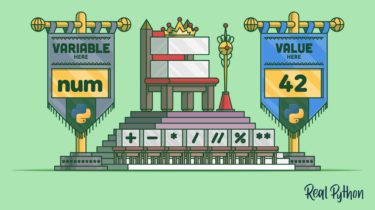How to Iterate Over Rows in pandas, and Why You Shouldn’t
One of the most common questions you might have when entering the world of pandas is how to iterate over rows in a pandas DataFrame. If you’ve gotten comfortable using loops in core Python, then this is a perfectly natural question to ask. While iterating over rows is relatively straightforward with .itertuples() or .iterrows(), that doesn’t necessarily mean iteration is the best way to work with DataFrames. In fact, while iteration may be a quick way to make progress, relying […]
Read more



